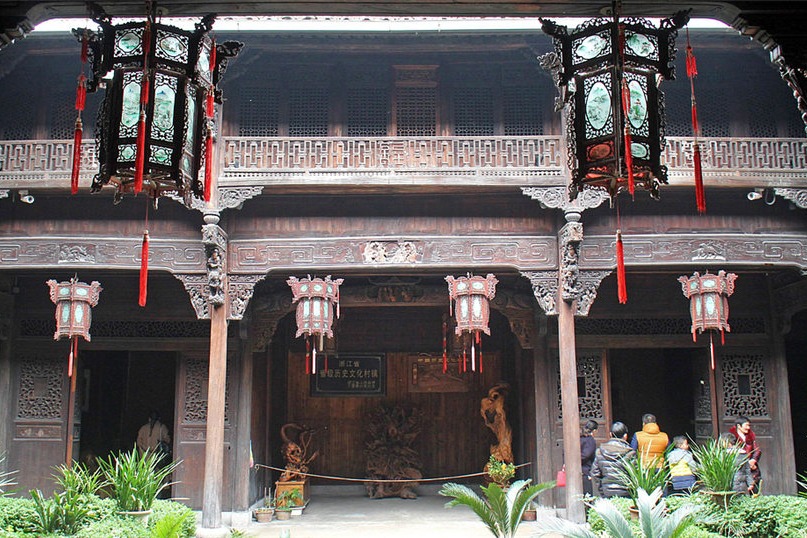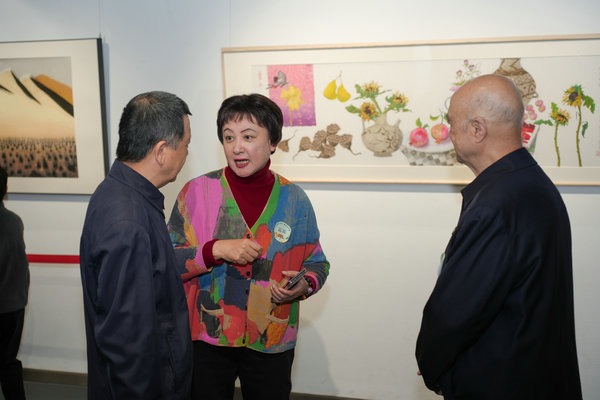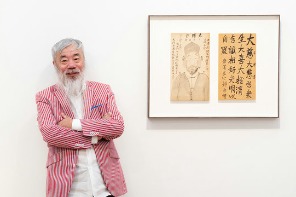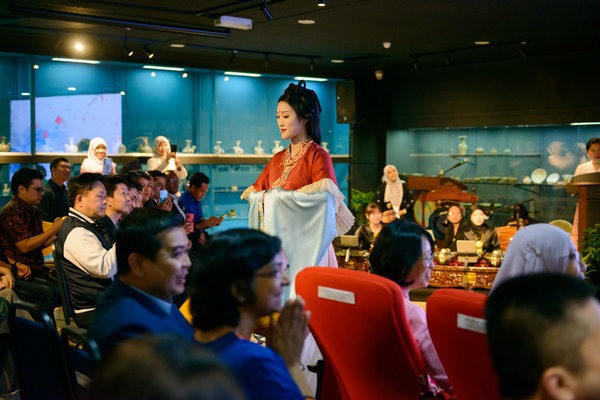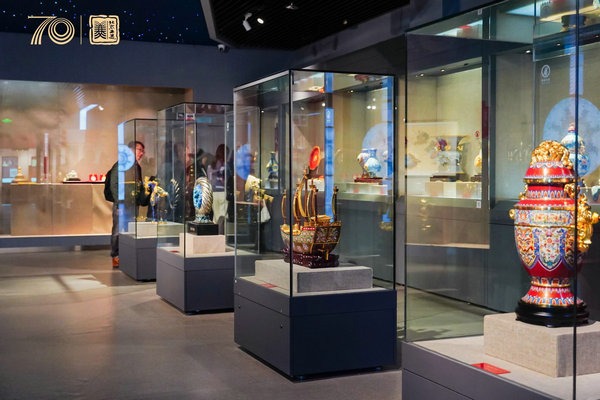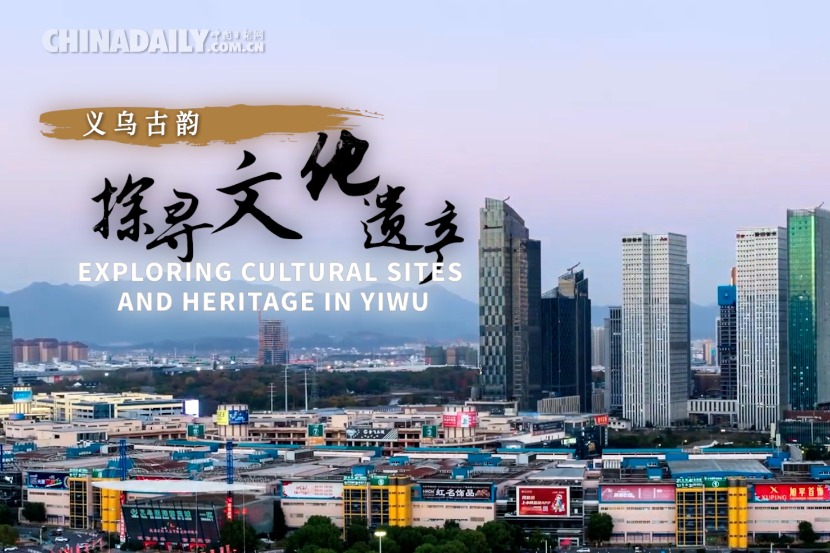A love that binds


"When I first met her (Badma), I felt that she was taller and had more vitality than I had imagined. But when she smiled, she looked exactly like the character in Urga who often wore a childlike smile," recalls Cao.
Also serving as the movie's executive producer, Cao, a Beijing native, says that the film has taught him how human beings are influenced and transformed by their surrounding environment.
While shooting in Inner Mongolia, Cao was captivated by the boundless pasturelands and leisurely grazing flocks, which deepened his understanding of the innate simplicity and tolerance of local herders. This experience made it challenging for him to readjust to the bustling city of Beijing.
For Cao, the film has a deeper meaning as it re-explores the relationship between parents and children. The Chinese title of this film is Qidai (the umbilical cord). In the film, the son, to prevent his mother from getting lost or encountering danger, ties a thick rope around both of their waists and keeps it fastened from day to night, even when he is working or sleeping.
"In the final moments of the film, the son seems to have become the father, and the mother has become the child. They are connected to each other by the rope, which symbolizes the 'umbilical cord'," says Cao, adding that he hopes the movie will help young audiences to value their relationship with their parents and reflect more deeply on the meaning of life.


















